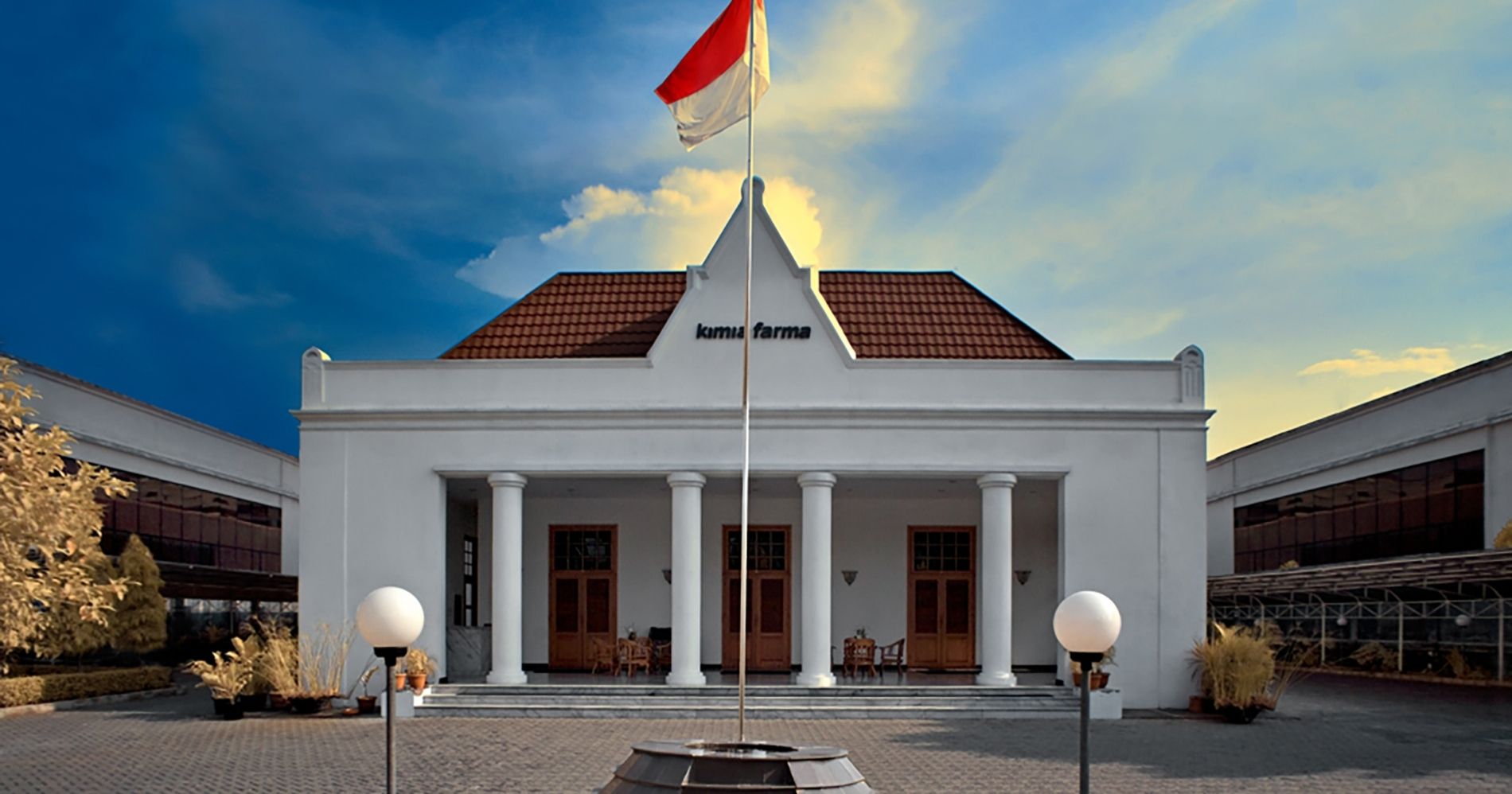Despite an average corporate lifespan of just 40 to 50 years, a few companies in Indonesia have defied the odds, surviving political turmoil, market shifts, and generational transitions.
These legacy institutions have not only adapted through eras but have also played significant roles in shaping the nation’s economy and society.
Pos Indonesia (1746): A Postal Pioneer from the Colonial Era
The roots of Pos Indonesia date back to 26 August 1746, when Gustaaf Willem Baron van Imhoff, Governor-General of the Dutch East India Company (VOC), established the first post office in Batavia.
The aim was clear: streamline the flow of goods and correspondence amid booming trade. According to The Archives of the Dutch East India Company and the Local Institutions in Batavia (2007), the early post network helped maintain commercial accessibility.
The introduction of the Semarang post office and the construction of the Great Post Road (Jalan Raya Pos) under Daendels strengthened national connectivity.
Despite colonial upheavals and regime changes, the postal system persisted.
Post-independence, it expanded nationwide and remains active today, even as it contends with digital disruption.
BRI (1895): From Mosque Cash Fund to a Banking Giant
Bank Rakyat Indonesia (BRI) stands among the country’s largest financial institutions. Its origin, however, was modest and rooted in empathy.
In 1894, a school teacher in Purwokerto borrowed money from a loan shark to host a circumcision ceremony.
Moved by the story, Raden Bei Aria Wirjaatmadja, who managed the city mosque's cash reserves, created a lending facility using the fund.
On 16 December 1895, this initiative evolved into a savings bank named De Poerwokertosche Hulp en Spaarbank der Inlandsche Hoofden, co-founded with local noblemen.
Later, in 1934, the institution was formalized into Algemene Volkscrediet Bank (AVB) under Dutch law. During the Japanese occupation, its name changed to Syomin Ginko.
Post-independence, it was nationalized as Bank Rakyat Indonesia. Today, BRI is a market leader with a strong presence across the archipelago.
Unilever Indonesia (1933): Shaping Lifestyles for Generations
Unilever entered Indonesia on 5 December 1933 as Lever Zeepfabrieken N.V. in Angke, North Jakarta.
Originally formed in Europe in 1930, the multinational soon embedded itself in Indonesian life through household products.
In 2023 alone, Unilever distributed IDR 38.92 trillion in economic value, contributing 0.2% of Indonesia’s GDP.
The company directly employs 4,800 staff and supports 500,000 small retailers and thousands of farmers.
Unilever's products have become household synonyms: Sunlight for dish soap, Rinso for laundry detergent, Lifebuoy for bar soap. Its impact spans generations and lifestyles, from food to hygiene and home care.
Unilever was also the first FMCG company in Indonesia to secure halal certification for its factories in 1994.
It leads in ESG practices, pioneering plastic recycling with the “CreaSolv® Process” and recovering over 56,000 tons of plastic waste in 2023, exceeding its packaging usage.
Beyond products, Unilever has touched communities. It trains coconut farmers, promotes clean water initiatives, and runs the Santri Berseri program, which has reached over one million Islamic boarding school students since 2019.
Kimia Farma (1817): The First Pharmaceutical Firm in the Archipelago
Founded as NV Chemicalien Handle Rathkamp & Co in 1817, Kimia Farma emerged under Dutch rule to supply modern medicine, especially for tropical diseases.
Historical mentions in Java Bode (12 January 1866) confirm its early presence.
After nationalization in 1958, it became Kimia Farma and transitioned into a public company in 2001.
Now, it leads pharmaceutical development and operates a vast network of pharmacies across Indonesia, serving diverse medical needs.
HSBC Indonesia (1884): Financing the Colonial Sugar Boom
HSBC, headquartered in Hong Kong, began operations in Indonesia in 1884, then known as the Dutch East Indies. The bank’s entry was linked to financing the lucrative sugar trade in Batavia.
Over time, HSBC adapted to local economic changes. From colonial financier to global bank, it remains a relevant player in Indonesia’s evolving financial landscape.
PHOTO: KIMIA FARMA
This article was created with AI assistance.
Read More






 Friday, 27-02-26
Friday, 27-02-26







